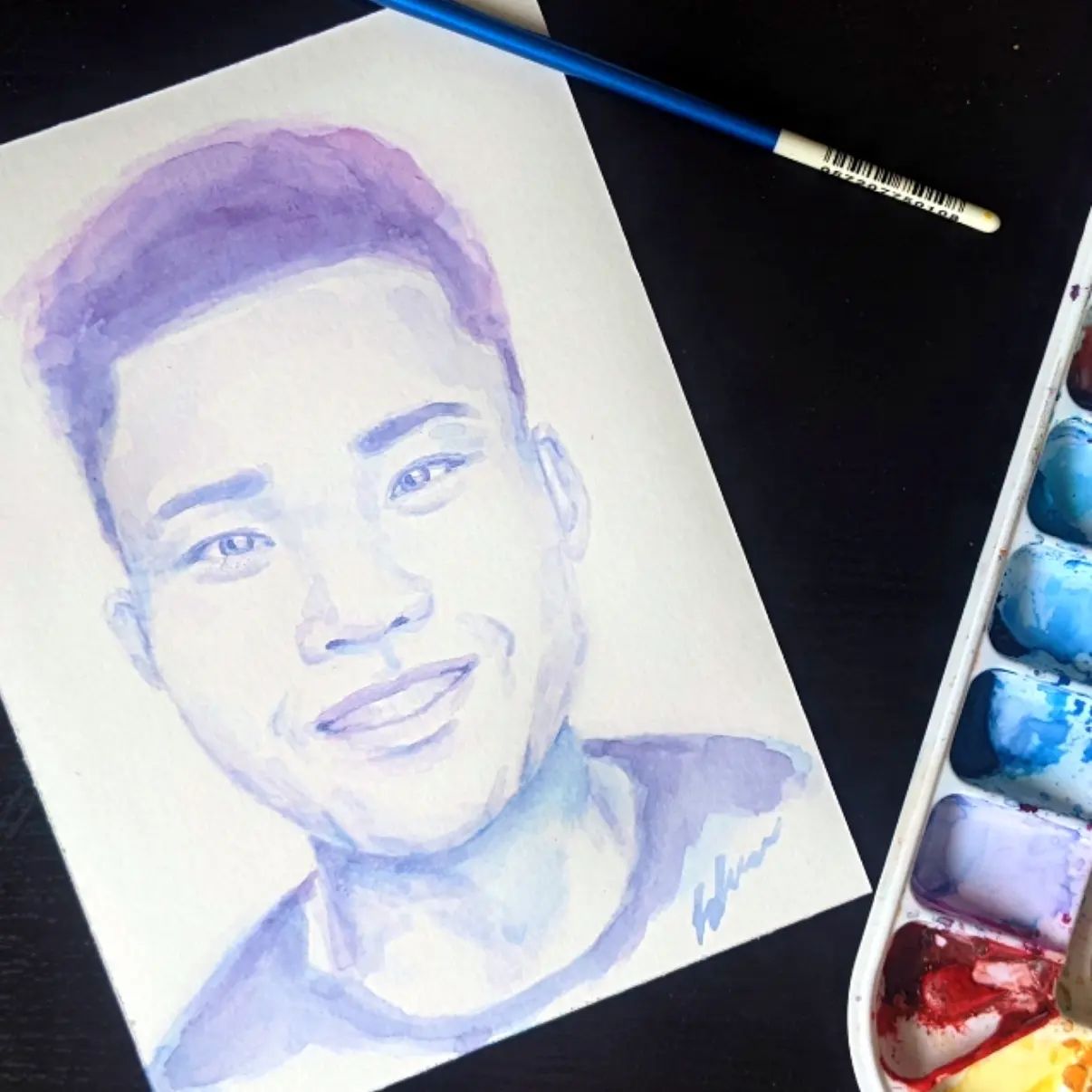Emotional Blackmailing & Hidden Atheism
- 6 mins
Dear Parents,
First and foremost, I want to express my heartfelt gratitude for everything you've done for me. I recognize and appreciate the countless hardships you've endured and the sacrifices you've made to bring our family to Canada. Your unwavering commitment and the values of kindness and respect you've instilled in me have played a pivotal role in shaping the person I am today.
I begin with this preamble because my intention is not to harbor any ill will towards my parents. I consider it a privilege to share such a close relationship with my parents, especially when many families navigate tumultuous waters. This context is essential to understand the complex topic I'm about to delve into.

Filial Piety
Maintaining a positive relationship with parents becomes considerably more challenging when religion enters the equation. Religion often serves as the glue that binds families together, a fundamental element of identity and belonging. When one adopts religious beliefs that diverge from the family's faith, it can introduce additional disparities in the already nuanced parent-child relationship.
Even without the influence of religion, there exists an inherent power dynamic between parents and their children. This dynamic encompasses economic disparities and societal expectations that compel us to trust and heed our parents' guidance. While this equilibrium may begin to shift as we establish our careers and gain financial independence, societal pressure to prioritize family remains omnipresent.
Balancing filial piety with individual autonomy and personal pursuits is a delicate tightrope walk. Additionally, one must consider the impact on both their own mental well-being and that of their parents. While disagreements on matters of faith are not uncommon, what sets Abrahamic religions apart is their inherent resistance to dissent. Within the Christian belief system, there is little room for religious freedom or deviation, as the consequences are often dire.

Social Shunning
Throughout history, non-believers have often faced excommunication or even death at the hands of religious institutions. These instances vividly illustrate the dynamics of in-groups and out-groups. While we may no longer witness such extreme measures in more progressive societies, the subtler but still painful tactics of social shunning and exclusion persist. These methods may not lead to physical harm, but they can result in the loss of social connections and a sense of belonging, which can, in turn, have economic repercussions.
Stuck At Home
Non-believers confined to religious households face a particularly challenging predicament. The factors mentioned earlier make it difficult for them to break free from these environments. However, there is an added layer of complexity brought about by economic forces. Younger generations are finding it increasingly tough to move out and establish their independence, forcing them to reside with their parents for extended periods. This dependency inhibits them from expressing their beliefs in various aspects of life.
You may have heard the phrase that young adults often pay rent with their mental health. Having religion in the household exacerbates this issue. The constant scrutiny—questions about church attendance, prayer, and Bible reading—arises not from a desire to control but from a deep concern for your eternal well-being. Your parents want to ensure your place in heaven so that they can reunite with you in the afterlife.

Threat of Hell
Even for those fortunate enough to live independently, hidden pressures complicate the process of coming out as a non-believer. It's the specter of hell that looms large. More precisely, you may not want your parents to bear the anguish of thinking that you're destined for damnation. Even if they don't genuinely believe you're heading for hell because they expect you to "come to your senses," the stress of knowing that your child might face eternal suffering or separation from God can be unbearable. They'll be constantly praying for your salvation, and this kind of emotional burden should not be underestimated.
Some argue that we are not responsible for our parents' emotions, and they may have a point; we are not morally obligated to shield people from discomfort. However, this is a unique situation. The fear and anxiety surrounding religious disagreements are unlike other types of conflicts. We don't typically pray for the salvation of friends or loved ones because they have different hobbies or political beliefs.
Religious disagreements carry profound implications, irrespective of whether heaven or hell is a factual reality. The mere notion of hell can lead to psychosocial complications within families and take a toll on one's mental health. As children of religious parents, we understand the profound pain our beliefs can cause them, and this is why we often keep so much hidden from them.

Unforgivable Sin
We already keep so many secrets from our parents, ranging from the minor, like tattoos, to the profound, such as our sexual orientation or identity. Occasionally, we may choose to disclose these hidden truths to our parents, hoping for their forgiveness. However, when it comes to religion, seeking forgiveness is far from straightforward. You can't simply ask for forgiveness for "actively choosing" to be a non-believer. The only way to seek absolution is to openly admit your "mistake" and return to Christianity.
In cases where parents are understanding, they might extend forgiveness, but true absolution is contingent upon the non-believer's repentance. This is why leaving a religion is often viewed as an unforgivable act. The path to acceptance typically involves a return to religious faith.
Thought Experiment
To better empathize with your parents' perspective, engage in a thought experiment: envision your best friend facing a life sentence in prison for a thought crime, with no clarity on when this sentence will be enforced. Within those prison walls, they are destined for solitary confinement and subjected to a series of inhumane experiments. Your prayers possess the power to rescue them from this dire fate.
In such a situation, any good friend would do whatever it takes to spare their friend from such a fate. Similarly, a parent will go to great lengths to save their child from the perceived horrors of hell. For Christians, there is no intermediary realm for non-believers; it's either heaven or hell. This stark black-and-white perspective is a significant source of stress and burden.
Emotional burdens affect more than just our emotions; they have a tangible impact on our physical health as well. Numerous studies have demonstrated the connection between mental well-being and physical health. It's not a stretch to suggest that this emotional burden can wreak havoc on the body.

Emotional Blackmail
Christianity, through its portrayal of hell, can be seen as employing a form of emotional blackmail. The threat of the unknown or the specter of eternal suffering keeps people trapped in mental confines. Adding to the complexity, God is often described as granting humans free will, but living under constant scrutiny and surveillance hardly feels like freedom.
My Decision
This is why I choose not to disclose my atheism to my parents: to shield their feelings and preserve their happiness and well-being. The thought of causing them pain after all they've done for me is something I simply cannot bear. Some might argue that this decision stems from a collectivist mindset and an unwavering adherence to filial piety, but rest assured, it is not a choice made lightly. The falsehood I maintain with my parents carries significant ethical implications.
Resolution
Typically, I conclude my blogs with actionable steps, but in this case, I find myself without concrete recommendations. Instead, I offer support to those who find themselves in similar predicaments. This is also a message directed at Christians: I implore you to reflect on the impact your beliefs may have on others. By adhering to certain religious tenets, you may inadvertently be contributing to emotional distress and, at times, emotional blackmail. Remember, you too deserve a life free from the burden of fear and suffering.

To those reading, know that you are inherently beautiful and worthy of unconditional love. You do not require cleansing or saving. You are entitled to a life unburdened by the fear of eternal consequences, and you have the right to live authentically and true to your beliefs. In the end, love, empathy, and understanding should be the guiding forces in our relationships, transcending religious dogmatism and fostering a more compassionate world.

